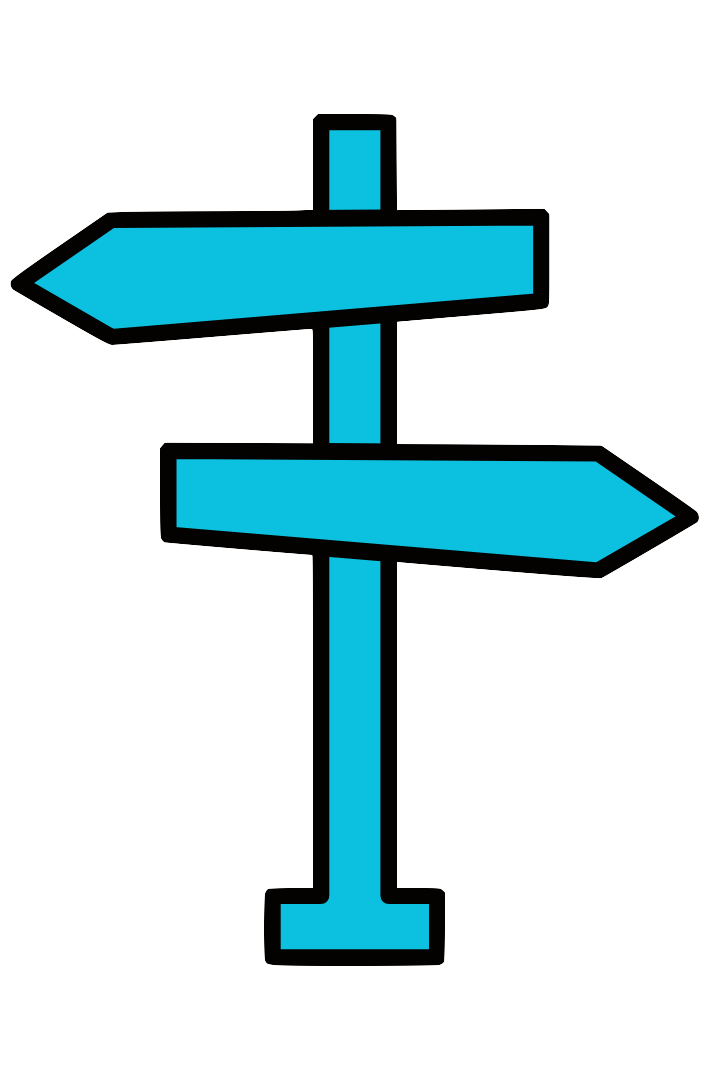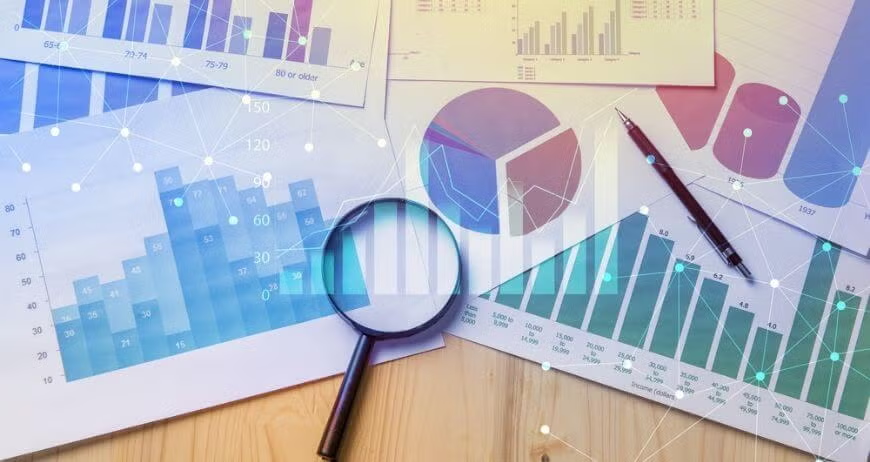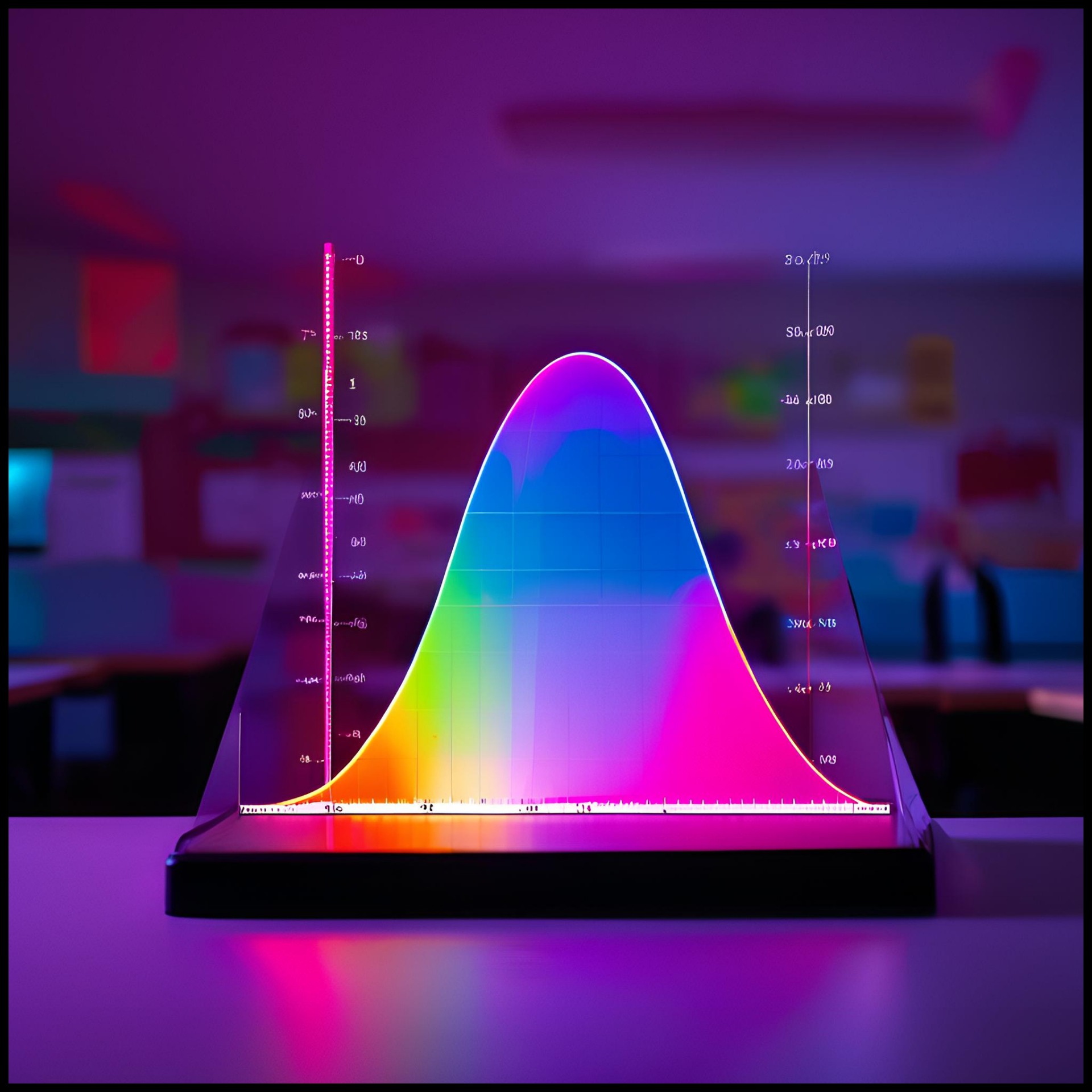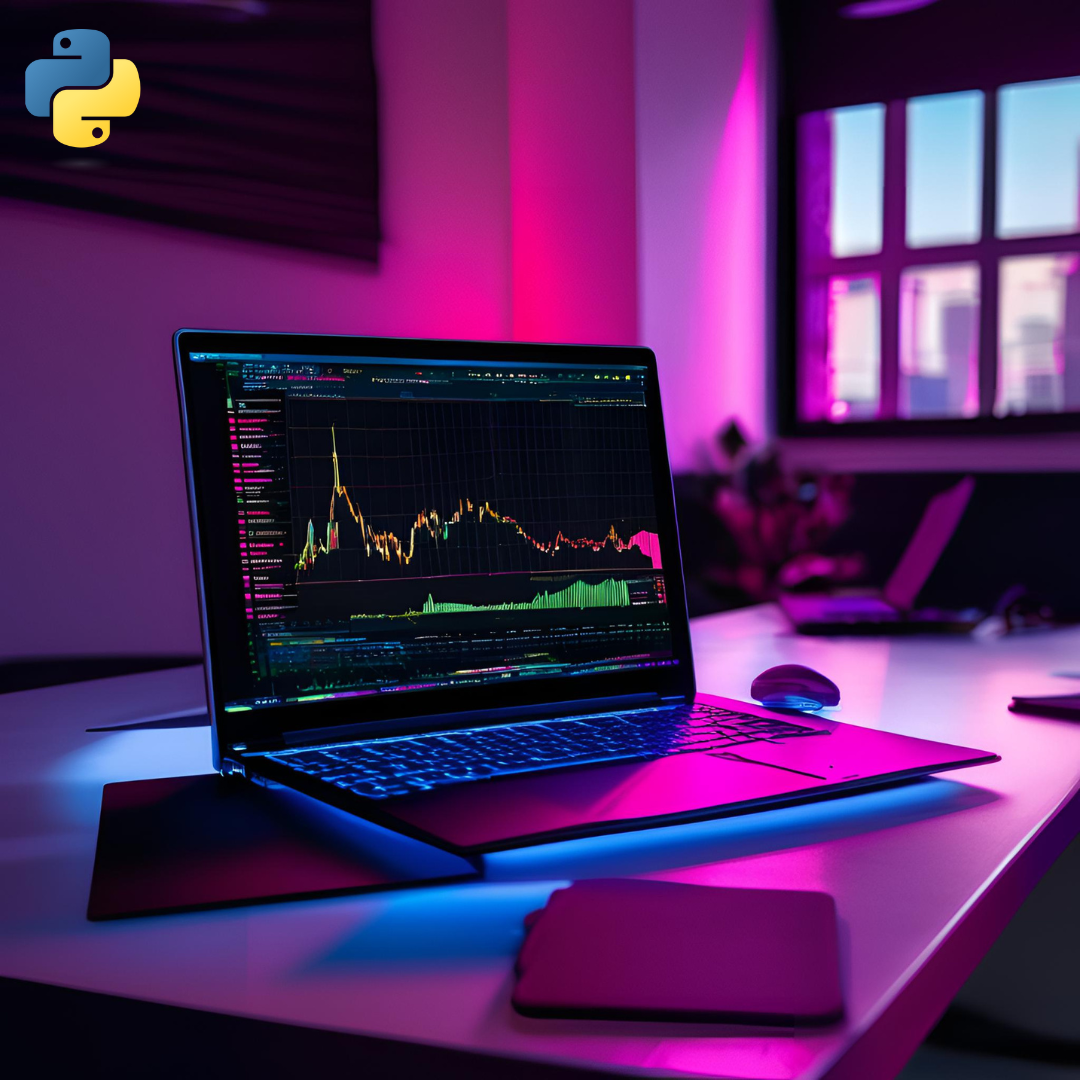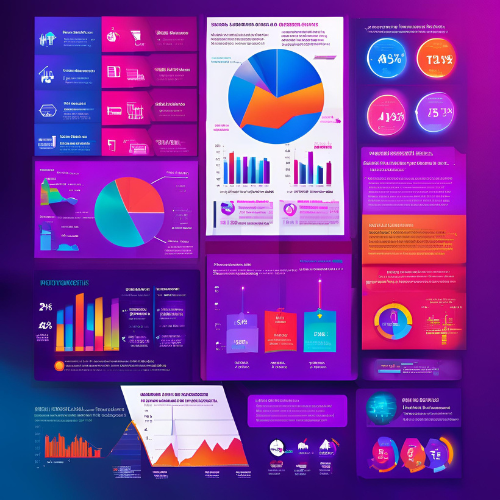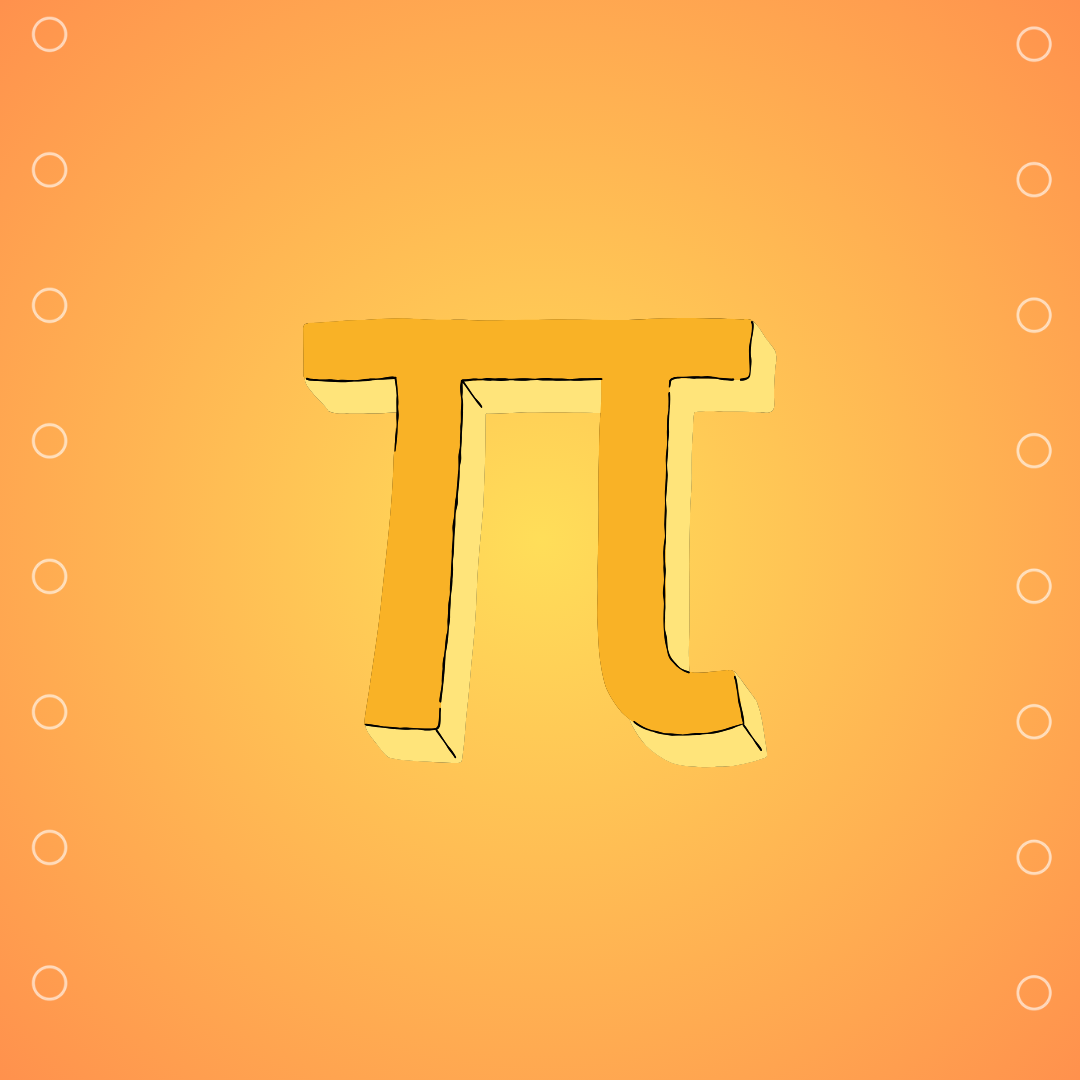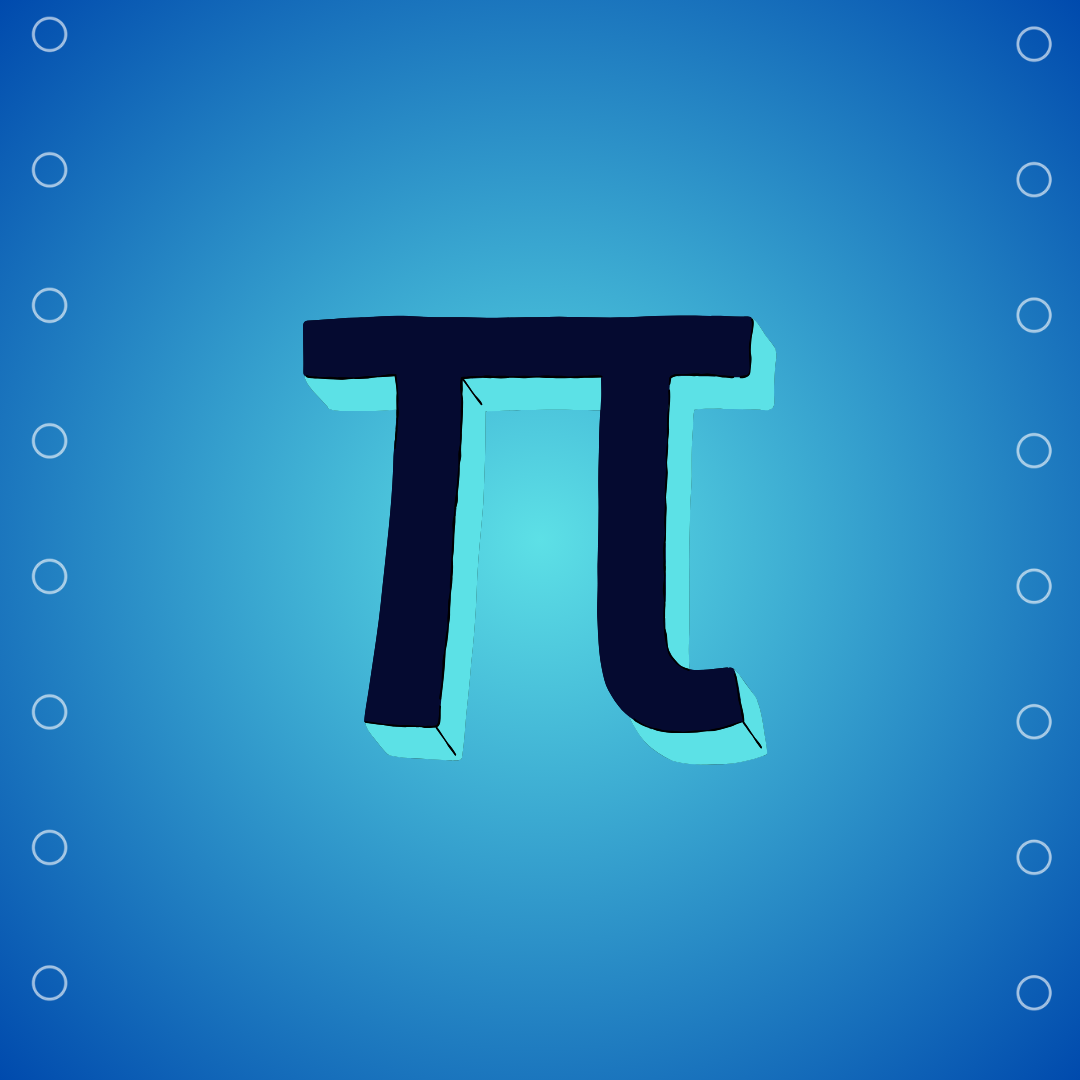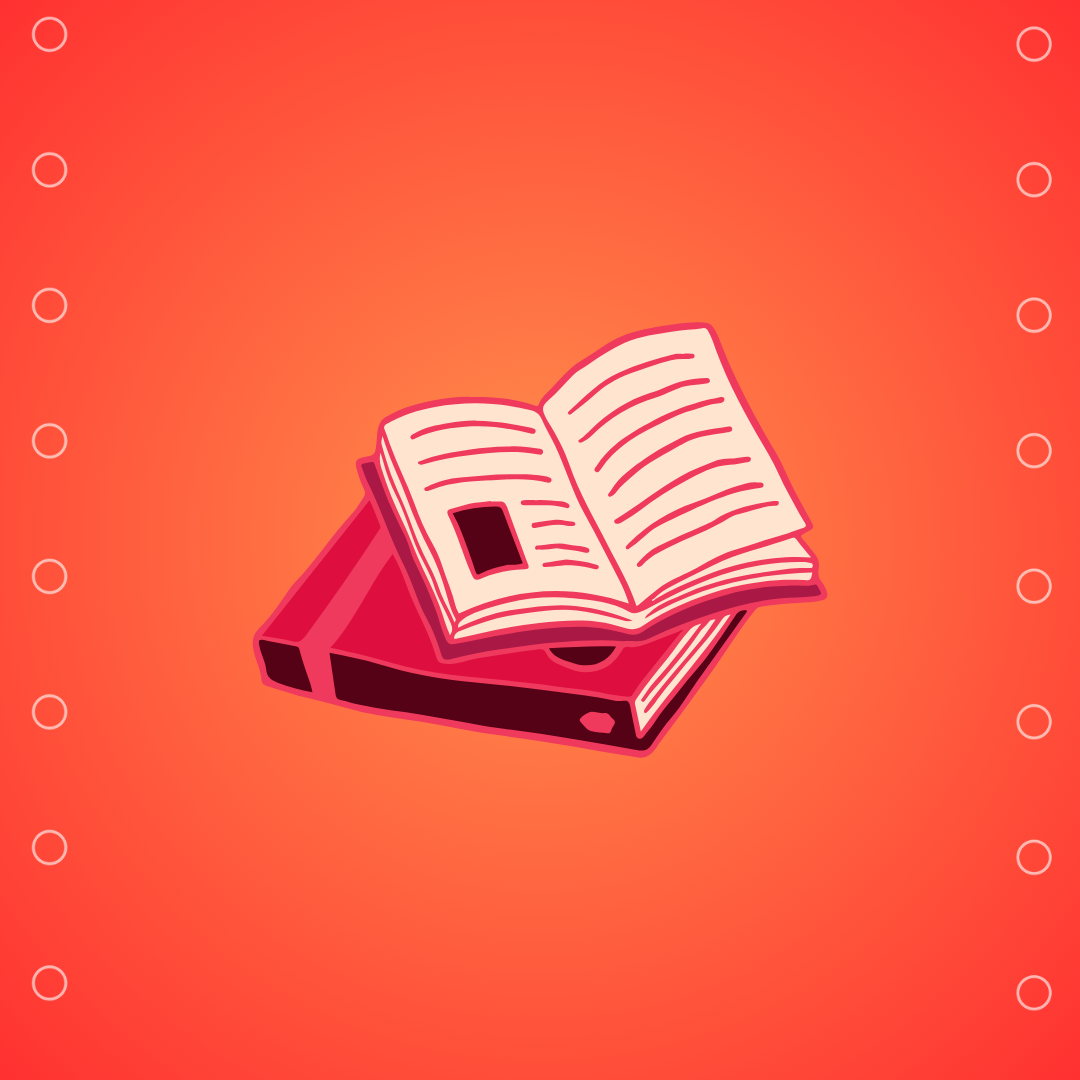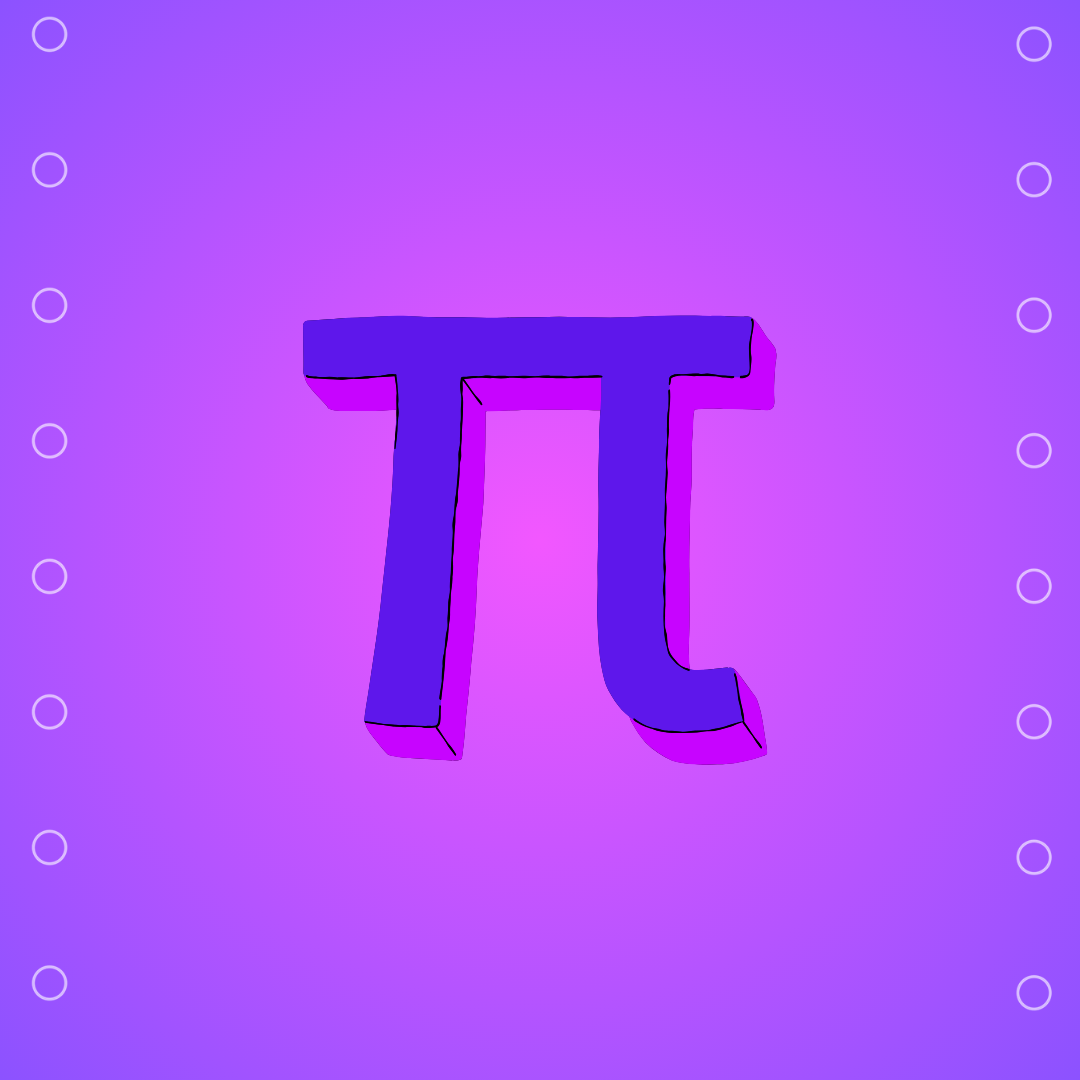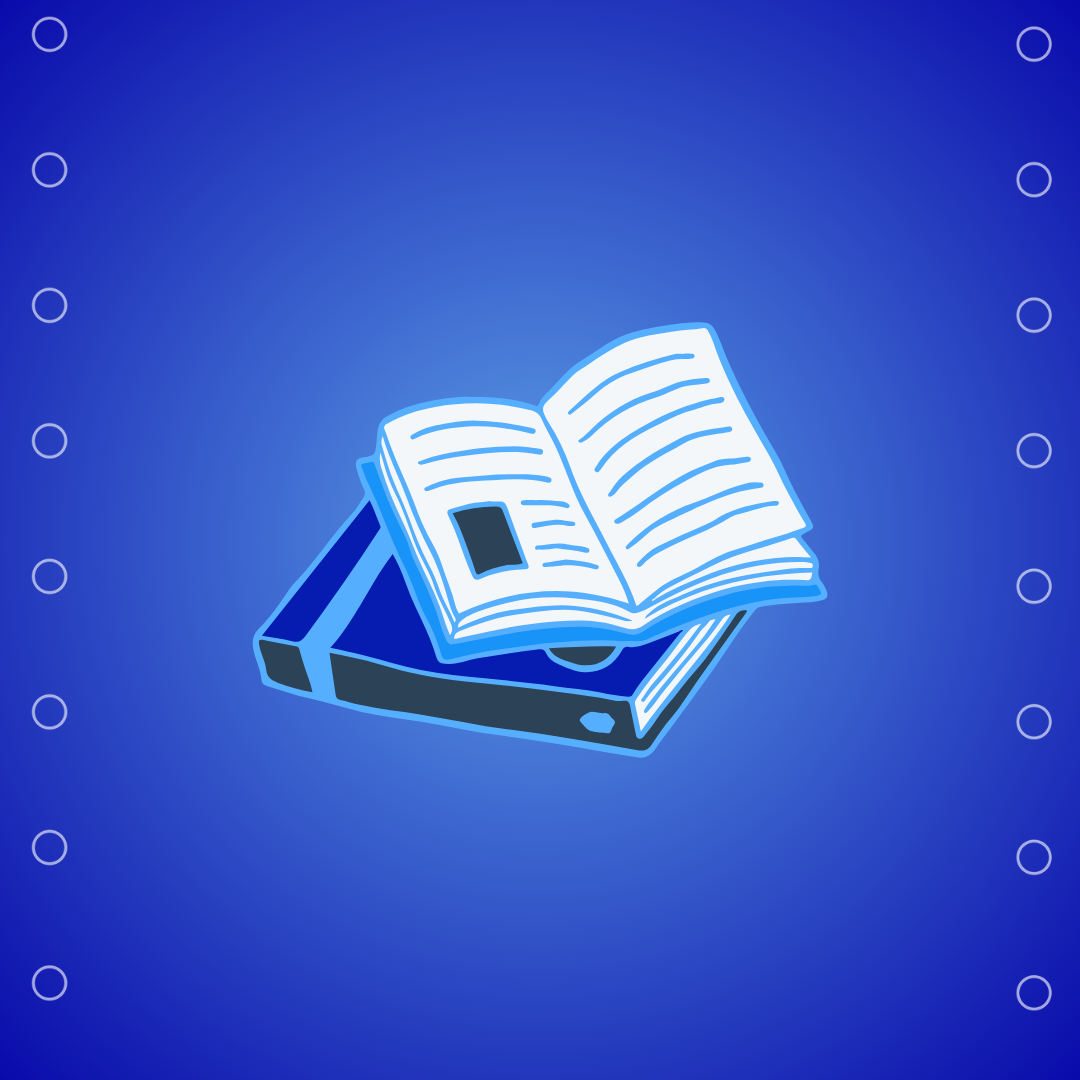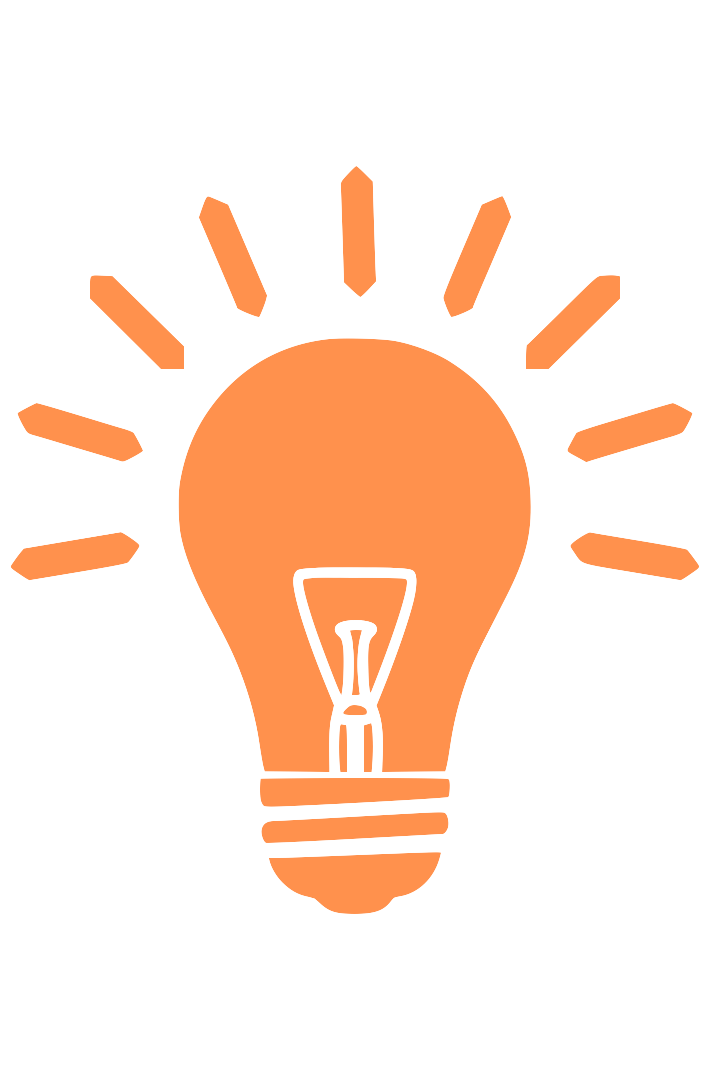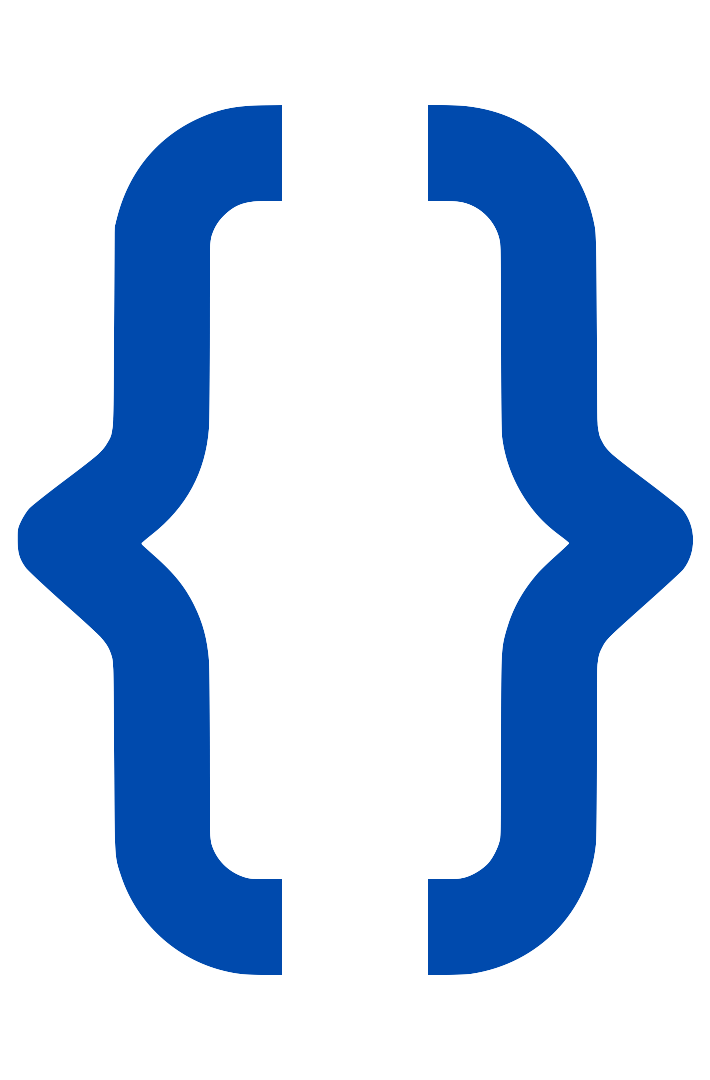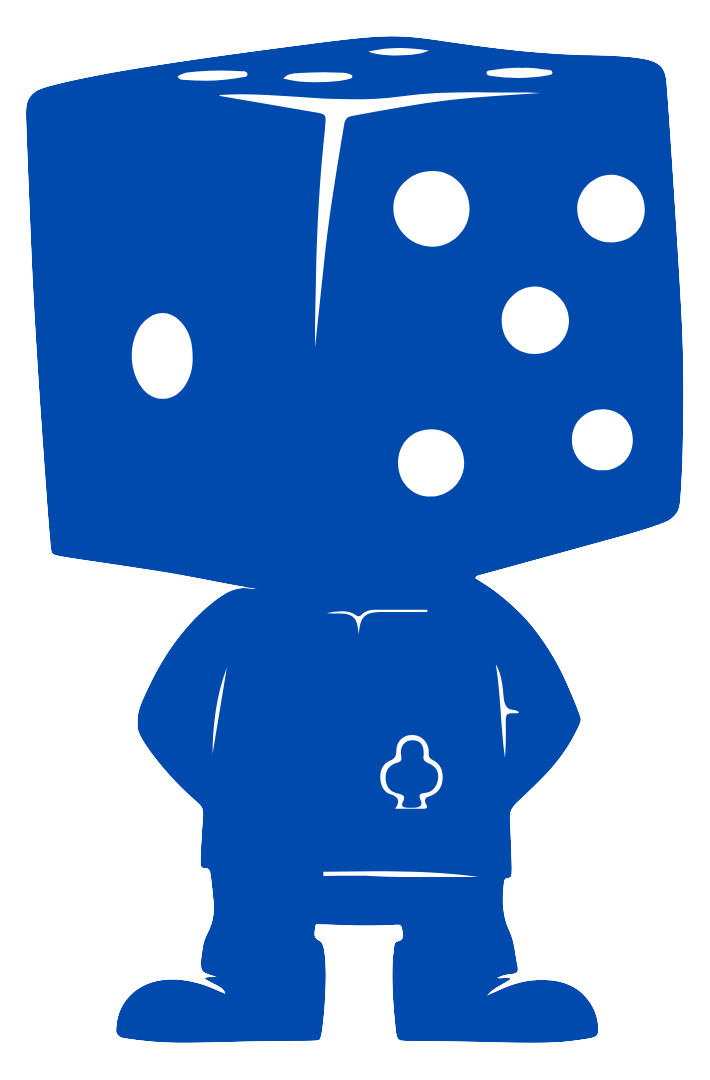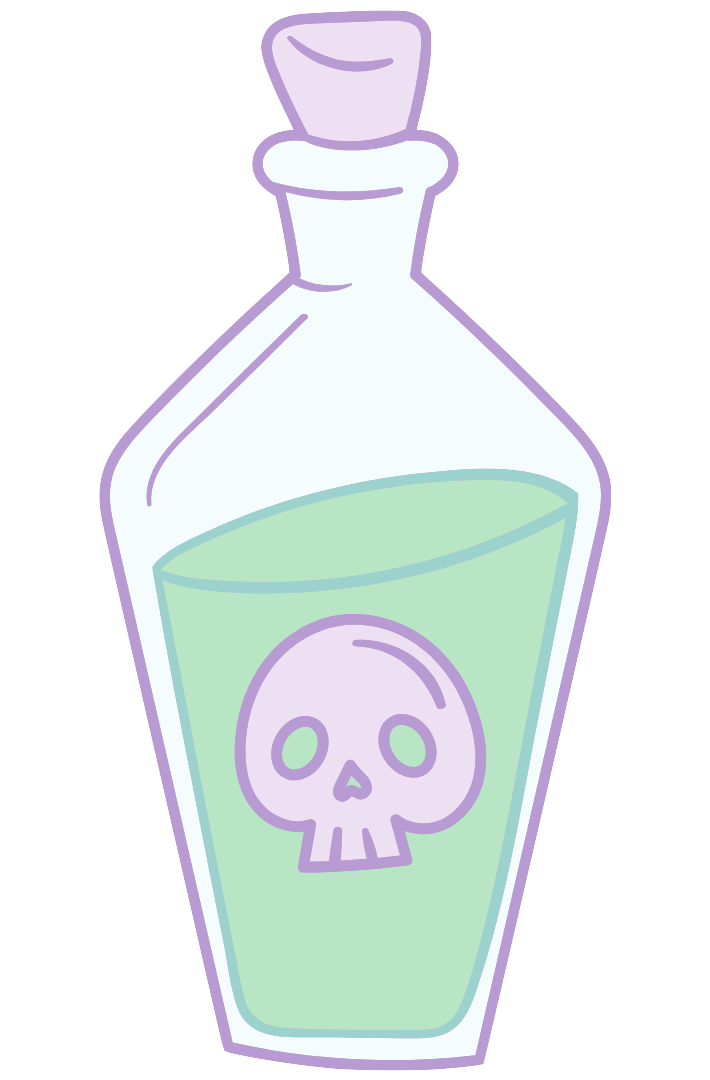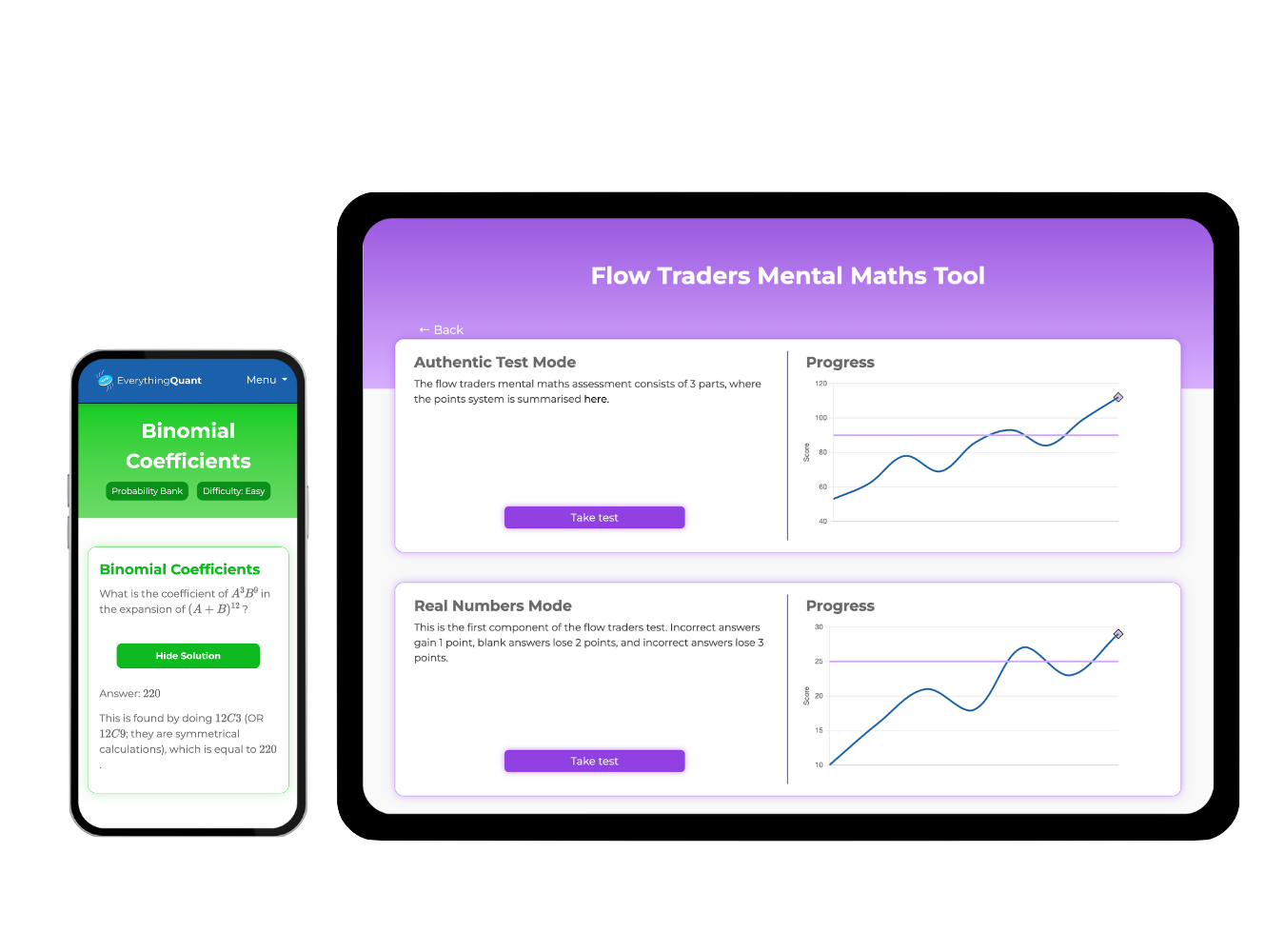Quantitative Trading Roadmap - How to Become a Quant Trader
In this article, we will take you through the education, qualifications, and experience that will maximize your chances of breaking into quantitative finance as a trader.

Introduction
Quantitative trading is an exhilarating career choice which combines mathematics, finance, and technology to develop trading strategies. As a trader, you will develop cutting-edge strategies that directly impact and improve the global financial markets.
In this roadmap, we will guide you through the key steps to optimise your chances of breaking into quantitative trading, including essential education, technical and behavioural skills, relevant competitions, and tips for acing interviews. Whether you're just beginning your quantitative journey, or looking to sharpen your skills, this article will provide a clear path to kickstarting a successful career in the field!
What is a Quantitative Trader?
A quantitative trader is one of many professional roles within a financial institution. Traders are responsible for deploying and monitoring quantitative strategies, which execute trades to a range of different asset classes in financial markets.
Traders also assist in maintaining, developing, and improving trading strategies and algorithms, collaborating with fellow traders, engineers and researchers to solve complex market problems. Quantitative Trading is a multidisciplinary role, which requires a strong foundation in mathematics, finance, and reasoning, as well as the ability to perform under pressure, and adapt to different market scenarios.
Education
Quantitative trading roles almost always require a bachelor's degree or higher, with some programs specifically requiring a master's or PhD. The largest field that quants are hired from is STEM, including mathematics, physics, computer science, data science, statistics, financial mathematics, etc.
To be competitive within the application process, we advise to aim for distinction grades or above. As this industry is competitive, a lower GPA may rule you out during early screening rounds.
Technical Skills
As a quantitative trader, you must have certain key skills that align with your ability to make quick quantitative decisions under pressure, and think critically about real world, open-ended problems. As such, we have compiled the most important general skills for a role as a quantitative trader:
Numerical proficiency
You like to, and are good at, coming up with numerical solutions for real-world problems. You have an ability to view the world systematically and quantitatively, deriving answers through quantification.
Probability and Uncertainty
You are comfortable with venturing into complex mathematical problems with no clear-cut answer, perhaps where probability and chances lie. You can navigate problems involving uncertainty and probability. You enjoy problems that have a probabilistic element to them.
Logical and Problem Solving
You can use logic and reasoning to come up with clever solutions in a trading setting. You also like challenges and puzzles - and you feel excitement when finding optimal solutions to problems.
Ability to Focus and Perform Under Pressure
The ability to navigate environments under pressure, and being able to focus, are key attribute of a quantitative trader. You will need to be able to make logically sound decisions rapidly, when high stakes are on the line.
Behavioural Skills
An overlooked component of breaking into quantitative finance is the sociable aspect. The most important soft skills you will need for a career in quantitative finance include:
Communication and Collaboration
You should have a strong ability to communicate your thoughts clearly and concisely to your coworkers. You should enjoy working in a team, looking to solve problems in a collective and collaborative way.
Innovation and Adaptability
The ability to pivot and refine strategies, models, and approaches in response to new data, emerging technologies, or market shifts is essential as a trader. You must combine creativity and analytical thinking to adjust to evolving market conditions and adapt to new events.
Experience and Competitions
Gaining experience in quantitative finance while studying is very challenging, and often non-existent. The best ways you can further learn by doing in the quantitative industry before applying to internships/graduate positions is by going to the pre-penultimate programs, working on quantitative finance projects, and doing competitions.
Quantitative trading is a very competitive industry - your trading strategies will involve game theory and calculated strategy. To prepare you for a competitive environment, you should also partake in mathematical and trading competitions.
Some esteemed trading competitions include IMC Prosperity, Optiver's Ready Trader go, and Jane Street competitions. There may also be many other local competitions at your university, so be sure to participate in those too.
Online Assessments and Interviews
Learning how to interview with quantitative firms, and understanding what questions appear in interviews, is crucial. You don't get much time in an interview to demonstrate your abilities - so it is essential you learn how to make a good impression!
At EverythingQuant, we have a range of interview guides, online assessment simulations, interview questions, and interview prep courses. By using our interview preparation resources, you can highly boost your chances of landing a quantitative trading role and kickstart your career.
Closing Remarks
Quantitative finance is a very competitive industry. To gain an advantage in the interview process, we recommend that you start preparing early and stay consistent in your preparation. Many applicants fail to delegate adequate time for interview preparation, or overlook interview preparation in general, leading to failing throughout the interview process.
For any competitive job, interviewing is a must-have skill. To stand out, and maximise your chances of securing your dream position, you must prepare early.
For additional resources for quant interviews, view our Probability for Quant Finance course, along with 200+ high quality brainteasers and probability interview questions for technical interviews.


